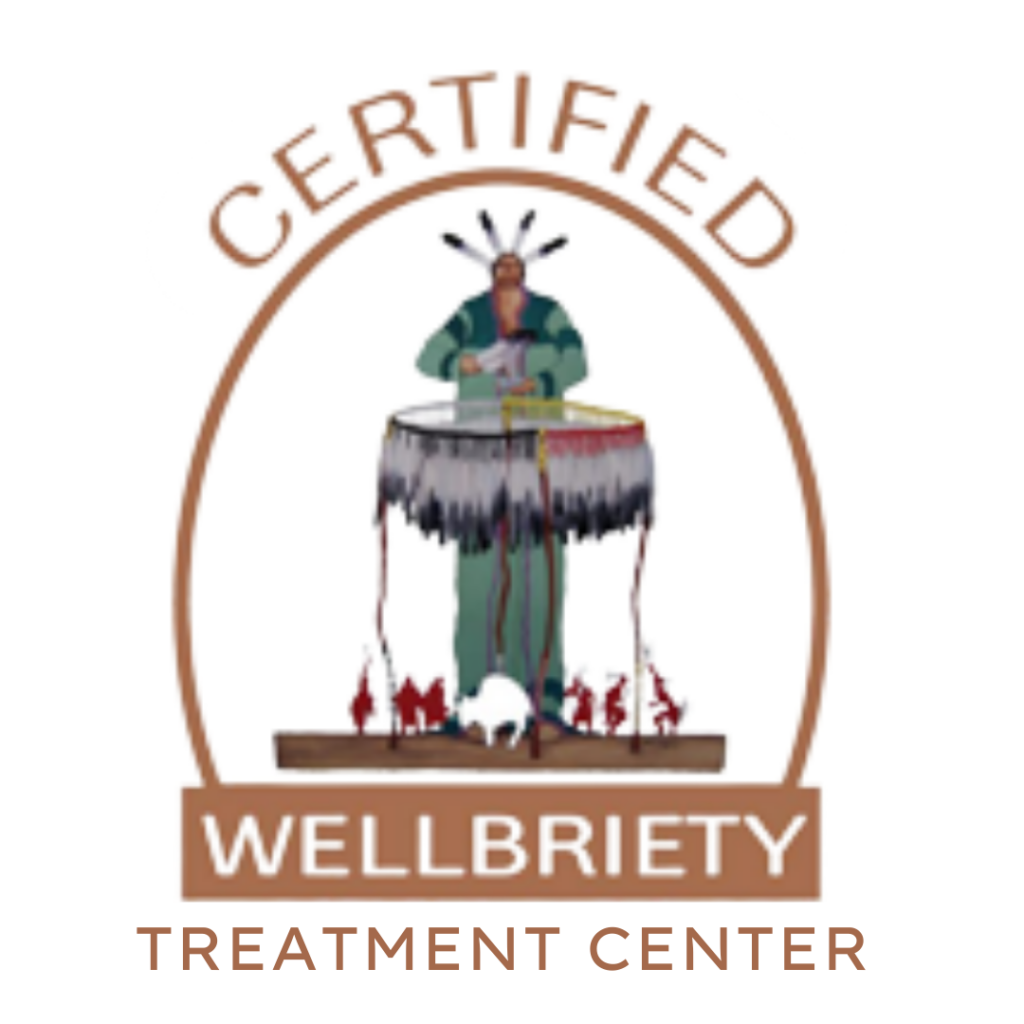Addiction is a relapsing brain disease that affects over 20 million people, according to a 2017 report by the U.S. Surgeon General. Chronic relapse is a cycle— someone with a substance use disorder seeks treatment, attains sobriety, and relapses, time and again. Typically, someone who can be considered a chronic relapser has a good understanding of how to stay sober and how to maintain abstinence, but cannot put the principles taught into practice for reasons, generally, unknown.
Having a relapse prevention plan in place is essential to early and long-term recovery; without one, cravings can become unmanageable and relapse may result. Particularly for the chronic relapser, a plan that foresees potential triggers and problems is needed to counter the tendency to use or drink. There are a few characteristics that generally define chronic relapse.
Am I a chronic relapser?
- Multiple unsuccessful attempts at sobriety
- Seeming inability to stay sober
- Hopelessness
- Exaggerated or addictive personality traits
If you exhibit any of these traits, it doesn’t necessarily mean that you are a chronic relapser. Addiction is a complex disease that has many contributing factors. Possessing exaggerated personality traits, for example, such as charm or manipulation, is not on its own indicative of chronic relapse, but possessing these traits in conjunction with an inability to stay sober after numerous attempts could be.
Why do people continually relapse?
- Not keeping triggers to a minimum
- Underlying/co-occurring mental health disorders that remain unaddressed
- Insufficient treatment/program involvement
- Stress
- Major life changes
- False belief that addiction is manageable on one’s own
How do I break the chronic relapse cycle?
It’s important to remember that relapse is not failure. Staying positive and continuing to take steps in the right direction is critical when it comes to breaking the chronic relapse cycle. There is no clear-cut answer when it comes to relapse prevention, but there are measures you can take to stay strong in your sobriety.
Keep triggers to a minimum. It can be difficult to anticipate everything with the potential to trigger a relapse, but avoiding “old” places, people, and situations is a good place to start.
Stay positive. It can be discouraging when treatment and recovery efforts seem to not be working, but don’t lose hope. Continue to take steps in the right direction and your hard work will pay off.
Work with a therapist. If you’re working a recovery program, you are probably already in close contact with a therapist. It’s in your best interest to maintain this relationship, as a therapist can likely help you uncover the co-occurring issues that may be facilitating your relapses and keeping you from attaining lasting sobriety.
Continue working a program. If you’ve completed detox and treatment, you should look into an aftercare program. Detox/treatment on its own is rarely enough to prevent relapse. Participation in group, attending meetings, and maintaining contact with your sponsor are all great ways to continue your sobriety efforts.
Learn to manage stress. Your therapist or counselor can probably help with this, and stress management is often discussed in group. It’s important to find the stress-managing strategies that work best for you, so when you find yourself under pressure, you make smart, healthy decisions.
Avoid major life changes. It’s often advised to not relocate or change jobs within the first year of sobriety, but you can’t plan for things sometimes out of your control. If you can, try to keep major life changes to a minimum in early recovery.
Nix the idea that you can do this yourself. Having a support network is essential to your success in recovery, so don’t let yourself believe that you can do this on your own. Maintain contact with your sponsor, and let trusted family/friends know when you’re having a difficult time. Do not hesitate to reach out for help.
Again, remember that relapse is not failure. Lasting, long-term sobriety is attainable for everyone, including chronic relapsers.
If you or a loved one is ready to end the cycle of relapse and begin your recovery journey, please reach out to us today at (877)-RECOVERY. We want to answer any questions you may have about our detox or treatment programs.
- Is Kombucha Okay to Drink in Recovery? - May 29, 2019
- Addiction Treatment: Common Co-Occurring Disorders - May 16, 2019
- 10 Tips for Meditation in a Drug Rehabilitation Center - May 8, 2019
























